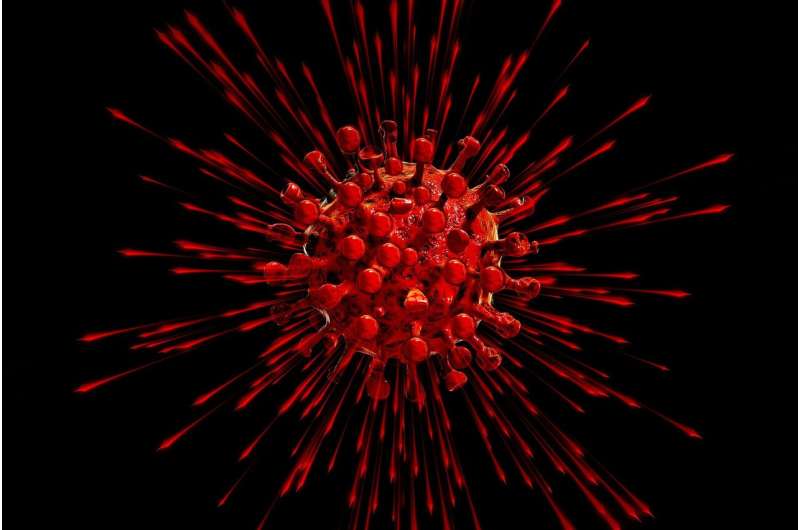
A synthetic antibody treatment developed by Regeneron reduced the risk of developing symptomatic COVID by more than 80 percent up to eight months after receiving the treatment, the US biotech firm said Monday.
The results are “particularly important to those who do not respond to COVID-19 vaccines including people who are immunocompromised,” said Myron Cohen, a University of North Carolina at Chapel Hill scientist who is leading a government-sponsored study into the treatment.
The study included 842 people who received a placebo and 841 who received the treatment, known as REGEN-COV, dosed at 1,200 mg and injected under the skin.
During a follow-up period of two to eight months, there were seven COVID cases in the treatment group and 38 in the placebo group, representing a risk reduction of 81.6 percent.
Importantly, there were zero hospitalized cases in the treatment group and six in the placebo group.
“A single dose of REGEN-COV provided long-term protection against COVID-19, including times of particularly high risk from household exposure, and in the longer-term during ongoing broader exposure,” said George Yancopoulos, the company’s president and chief scientific officer.
REGEN-COV is currently authorized in the United States as a post-exposure prophylaxis in high-risk individuals, and is pending full approval.
It is based on two lab-produced monoclonal antibodies—Y-shaped proteins that bind to the spikes that dot the surface of the coronavirus, stopping the pathogen from invading human cells.
Source: Read Full Article